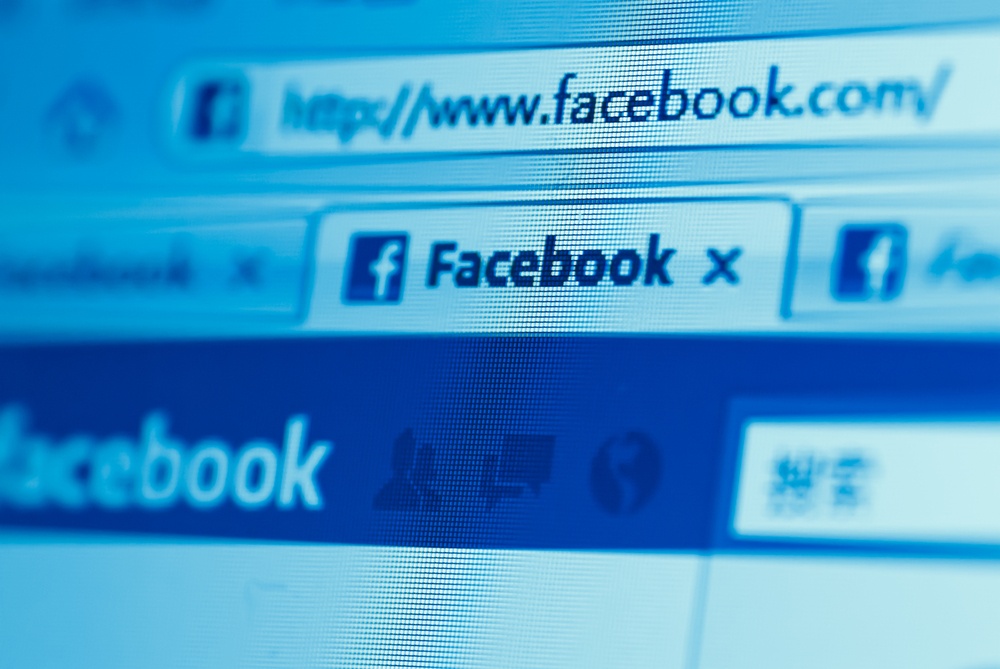Facebook’s Controversial Censorship of Dennis Quaid’s ‘Reagan’ Biopic: A Deep Dive
In the world of social media and online marketing, controversy is never far away. The latest uproar involves the promotion of “Reagan,” a biographical film starring Dennis Quaid as the 40th president of the United States, Ronald Reagan. The film, which delves into Reagan’s life, career, and his impact on American history, has faced unexpected hurdles in its marketing efforts. The culprit? None other than Facebook, one of the most influential social media platforms in the world.
The Issue: Facebook’s Automated Systems
The controversy began when the marketing team behind “Reagan” attempted to promote the film through paid advertisements on Facebook. To their surprise, Facebook not only rejected their ads but also suspended the movie’s official account on at least two occasions. The reason? Facebook’s automated systems flagged the content as being related to “politicians or sensitive issues that could influence public opinion, how people vote, and may impact the outcome of an election or pending legislation.”
Dennis Quaid, the star of the film, expressed his confusion and frustration during an interview with Fox News’ Trace Gallagher. Quaid pointed out the absurdity of the situation, noting that Ronald Reagan passed away in 2004 and is certainly not a candidate in any upcoming elections. “The last time I heard, Reagan hasn’t been on the ballot in 40 years,” Quaid said. “And not only that, he’s not even eligible to run because he served two terms.”
Facebook’s Response
Following the backlash, Facebook issued a statement acknowledging that their automated systems had mistakenly flagged the ads. A spokesperson for Facebook explained, “While there are no restrictions on this page that would prevent the admins from posting, we did identify a handful of ads from this account that were incorrectly rejected. This happened because our automated systems mistakenly determined that content about President Reagan required prior authorization in accordance with our policies for ads about Social Issues, Elections or Politics. This was a mistake, and the restriction on the ads has been lifted.”
Despite this explanation, Quaid remains skeptical. During an appearance on “The Joe Rogan Experience,” the actor shared his disbelief over the situation. He suggested that Facebook’s actions were an example of how conservative viewpoints are being censored on social media platforms. “Censorship is happening to us through Facebook,” Quaid told Rogan. He also expressed concern that this kind of censorship is part of a broader trend of silencing conservative voices in the media.
The Broader Context: Censorship and Social Media
The incident with “Reagan” is not an isolated one. It taps into a larger, ongoing debate about censorship, bias, and the role of social media platforms in controlling the flow of information. Critics argue that tech giants like Facebook have too much power in determining what content is seen by the public. They point to instances where conservative viewpoints, in particular, appear to be targeted for censorship.
Quaid and Rogan discussed this during the podcast, with Rogan questioning whether a positive film about a liberal figure, such as former President Barack Obama, would have faced the same scrutiny. Quaid responded by noting that a film about Obama was made in 2020 and did not seem to raise any concerns about influencing elections. This comparison highlights the perceived double standard in how different political viewpoints are treated by social media platforms.
Moving Forward: What Does This Mean for “Reagan”?
The “Reagan” biopic is set to be released in theaters nationwide on August 30. Despite the challenges with Facebook, the film’s marketing team is pressing on, and the controversy may even generate more interest in the movie. As Quaid mentioned, the film is not just about Reagan; it’s about America in the 1980s, a time marked by significant political and social changes, including the fight against communism.
For those interested in American history and the life of Ronald Reagan, the film promises to offer an insightful portrayal of one of the most influential presidents in modern history. Whether or not the censorship controversy will impact the film’s success remains to be seen, but one thing is certain: the debate over social media’s role in shaping public opinion is far from over.
Conclusion
The controversy surrounding Facebook’s handling of the “Reagan” biopic’s marketing campaign underscores the challenges that arise when automated systems are used to monitor and regulate content. While these systems are designed to prevent the spread of harmful or misleading information, they can also make mistakes, as was the case here. For Dennis Quaid and the team behind “Reagan,” the incident has raised important questions about censorship, bias, and the influence of social media platforms in modern society. As the film’s release date approaches, all eyes will be on how it is received by audiences and whether the controversy will affect its performance at the box office.
